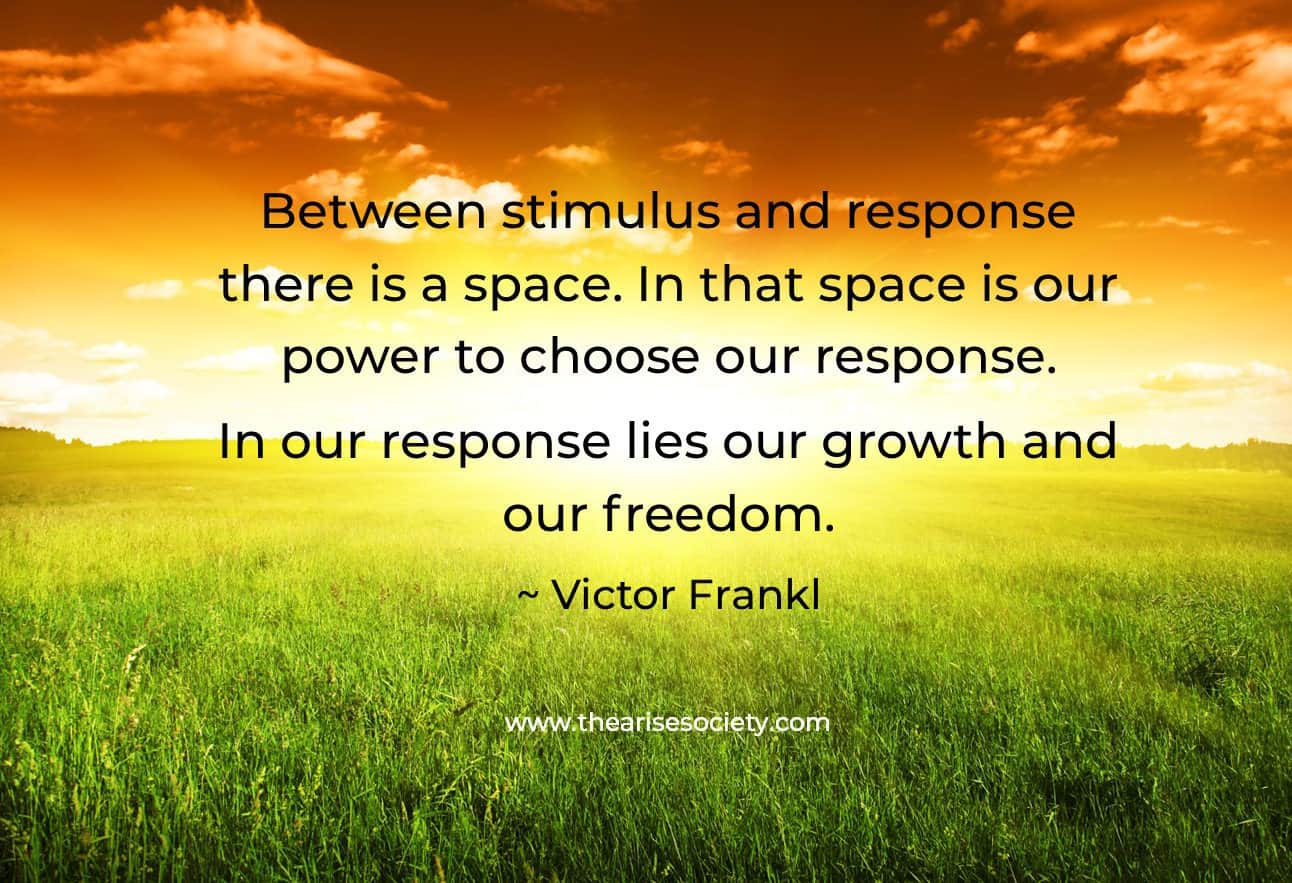Simple Ways to Break Bad Habits
Whether we don’t get enough sleep, don’t get enough exercise, make poor food choices, or overuse substances, we know these habits are not healthy long term. Unhealthy habits can prevent us from accomplishing our goals, can harm our mental and physical health, and waste our precious time and energy.
We develop habits for a reason, typically to escape stress, boredom, or to make us feel better in the moment.
For example, if your idea of coping with stress involves consuming a pint of ice cream, you’re not alone. But the cycle of consuming sugar to manage your emotions can make your feelings of sadness or fatigue even worse. But the immediate sugar high can make us temporarily feel good – which reinforces the habit.
Because bad habits provide some type of benefit in your life, it can be tough to eliminate them. (This is why saying “just stop doing it” doesn’t work.)

Some ways break to bad habits:
Choose a substitute
How is your habit serving you? Plan ahead for how you will respond when you face the stress or boredom that prompts your bad habit. Whatever it is, you need to have a plan for what you will do instead of your habit.
Identify the habit and eliminate triggers
The first step is to be fully aware of it and the feelings associated with it. A habit is a neurological loop in your subconscious mind. All habits have triggers and generally fall into five main categories:
- Your emotional state
- Specific times of the day
- What you see
- Where you are
- The influence of others
To avoid triggers you can make some small changes to your environment (the ones that can make your bad habit easier and good habits harder). For instance, if you eat chocolate when it is in the house, throw it away. Make it easier on yourself to break habits you want to change by avoiding the things that cause them.
Start in a small way
A good approach is to start with a small change in your life and build from it. Identify the new habits that you want and focus on only one at a time. Making small changes will help you become accustomed to forming new habits and it will make the process a lot easier. A key is to be patient and persistent. It is better to take smaller steps and introduce smaller changes over time that lead to eventual bigger changes.
Be committed
Forming new habits takes time, effort, and perseverance, so you need to be committed. Come up with a compelling reason why you want a new (replacement) habit. Once you start to make a change and follow through every day, you will build momentum and motivation to continue. You typically need to have a new routine for at least 21 days for the change to feel normal.
Daily routines
The best way to make a new habit stick is to be consistent. You want to create a new daily routine which includes your new habit. If, for example, your new habit is regular exercise, then participate in some form of exercise every day.
Remove things that will tempt you
You will help yourself if you remove temptations that could push you back into your previous habits. For example, if you are changing your diet to a healthier eating plan, get rid of the junk food in your kitchen.
Meditation and exercise
Countless studies show that meditation and exercise can help you calm your mind and reduce stress and anxiety. With practice, you may be able to pay better attention to the impulses that lead to the habits you’d like to change.
Social support
Having the support of those closest to you is incredibly uplifting. It is also good because you become accountable to them so you will be less likely to deviate from your new habit.
Breaking habits takes time and effort, but mostly perseverance. Most people who succeed have tried multiple times before they made it work. What separates top performers from everyone else is that they get back on track very quickly.
At the Arise Society, we help young adults that are struggling with anxiety, depression, gaming and other motivational issues. We provide personalized academic, therapeutic, and social support in a real-world setting, which gives our students the skills to reach their fullest potential.
Sources
https://www.psychologytoday.com/us/blog/renaissance-woman/201607/how-change-unhealthy-habits
https://www.health.harvard.edu/staying-healthy/why-stress-causes-people-to-overeat
https://www.healthline.com/health/mental-health/how-sugar-harms-mental-health

Get In Touch
Orem, UT 84058
thearisesociety.com
Phone: (801) 300 - 9995
Fax: (801) 405 - 0103



